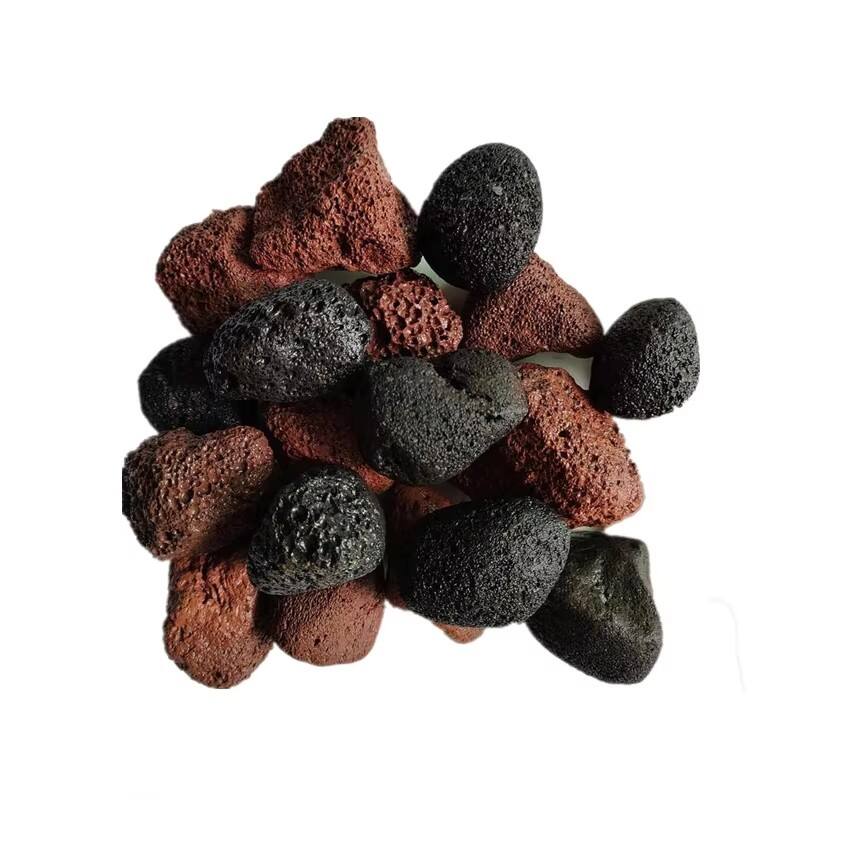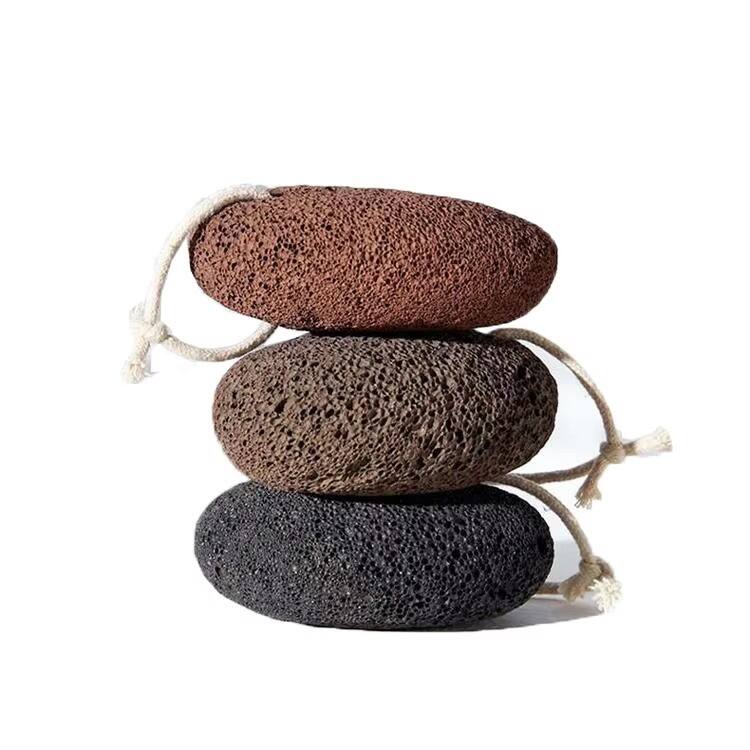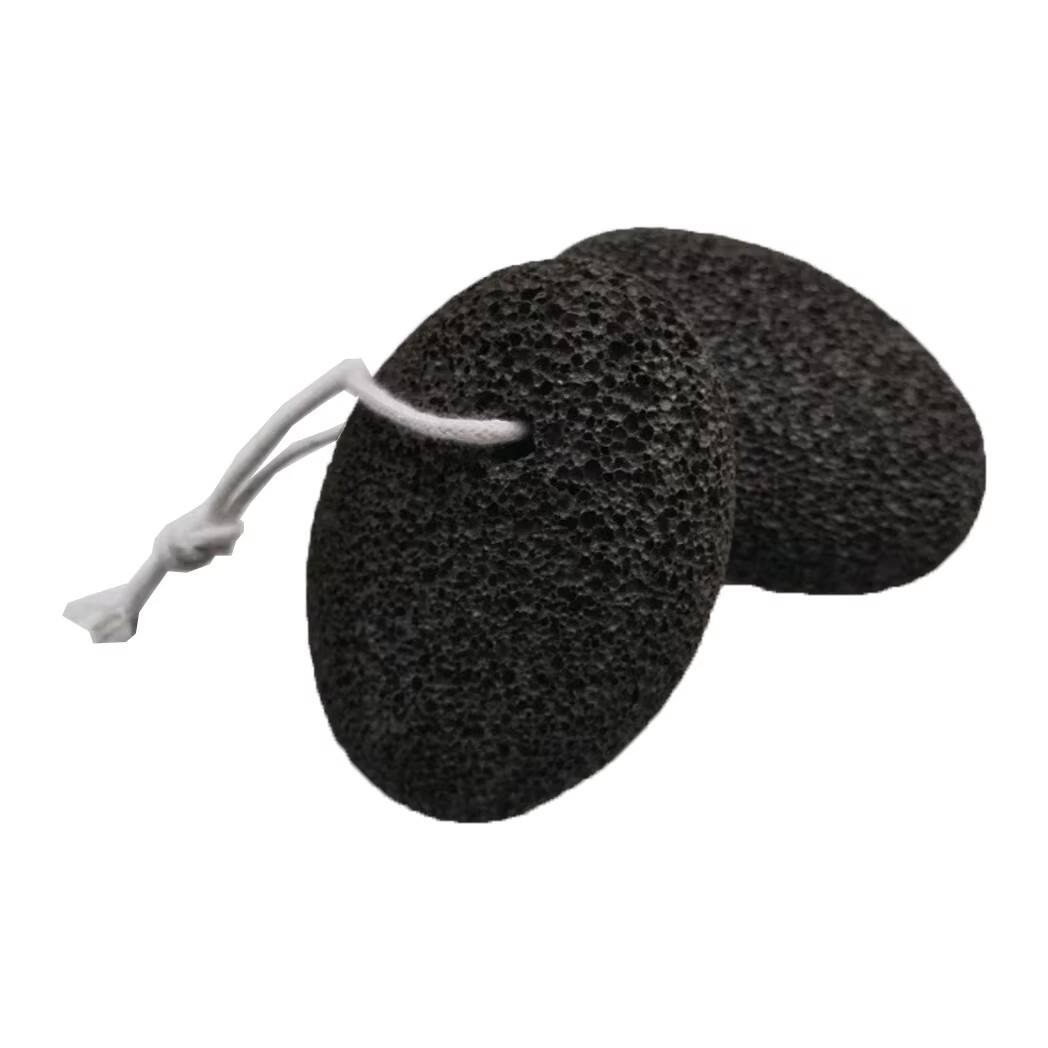pumice volcanic rock
Pumice, a remarkable volcanic rock formed during explosive volcanic eruptions, stands as a testament to nature's incredible geological processes. This lightweight, porous material is characterized by its unique structure of interconnected vesicles, created when rapidly cooling lava traps gas bubbles within its matrix. Typically light-colored and ranging from white to gray, pumice possesses an exceptional combination of physical properties that make it invaluable across multiple industries. Its most distinctive feature is its ability to float on water due to its high porosity, often containing up to 90% air spaces by volume. The rock exhibits remarkable versatility in terms of its technical applications, boasting excellent insulation properties, high abrasiveness, and significant chemical stability. In industrial applications, pumice serves as an effective filtration medium, abrasive material in cleaning products, and lightweight aggregate in construction. Its natural origin and environmental sustainability make it particularly attractive for modern applications. The material's internal structure provides superior moisture retention capabilities while maintaining excellent drainage properties, making it highly valued in agricultural and horticultural applications. Additionally, its thermal and acoustic insulation properties have led to its widespread use in building materials and industrial processes.


